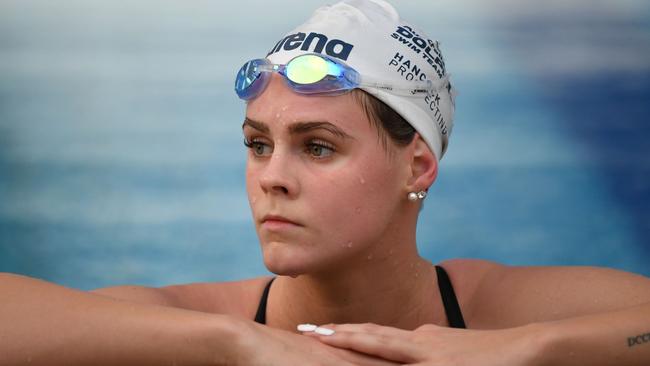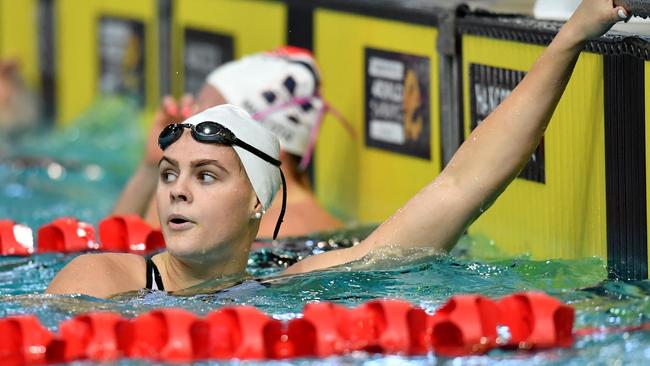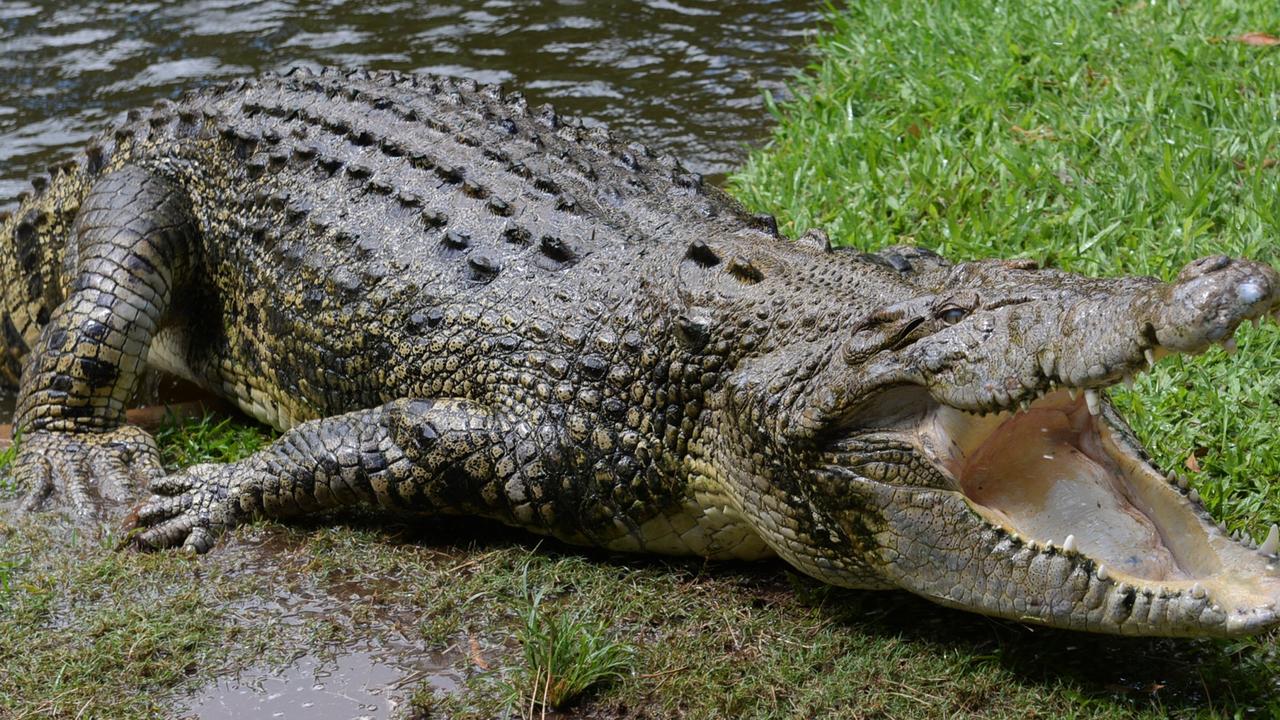Shayna Jack doping scandal: How Australian swimmer could avoid the maximum ban
There’s good news for Shayna Jack and her doping case after it emerged a Japanese swimmer who tested positive to the same drug has had their ban slashed. But there’s a twist.

Olympics
Don't miss out on the headlines from Olympics. Followed categories will be added to My News.
A Japanese swimmer who tested positive to the same drug that’s landed Shayna Jack in hot water has had his four-year ban slashed in half after convincing the sport’s global governing body that his positive sample was caused by a contaminated supplement.
This is the same argument that Jack intends to use as her defence to try to avoid a maximum four-year suspension after traces of muscle-building drug Ligandrol were found in her samples at an out of competition test in Cairns last month.
Botched handling of Shayna Jack case proves Swimming Australia has lost its moral compass
Shayna Jack emerges at Brisbane home ahead of ASADA showdown
Doping scandal: Shayna Jack says she will leave 'no stone unturned' in fight to clear name
‘Hypocritical double standards’: Australia’s response to Shayna Jack slammed
Shayna Jack has vowed to prove her innocence
That’s an encouraging development for Jack but there’s a twist because in the murky world of swimming politics, where things are rarely as straightforward as they seem, relying on FINA to show her some leniency could be problematic for Jack.
FINA has made no secret of the fact it remains unimpressed by Mack Horton’s podium protests against Sun Yang, one of swimming’s most successful and marketable competitors, so issued warning letters, both to Horton and Swimming Australia during the world championships.

FINA has already rushed through new laws to punish anyone who conducts similar demonstrations in future and FINA’s executive director Cornel Marculescu confirmed that he sought out an Australian coach on the pool deck in South Korea to discuss Australia’s response to Horton’s actions.
“We spoke to the coach. The coach understands and talked to him,” Marculescu said.
“In life, sometimes we do things we don’t want to do after that. Sometimes we make mistakes.”
Which is yet another reason why Swimming Australia floundered by not advising Jack to go public with her test result immediately after her B sample came back positive.
The Queensland freestyler maintains she did not knowingly take the banned drug, but because the onus is squarely on her and her legal team to prove that it came from a contaminated supplement, getting a reduced penalty is a tricky business.

There have been several cases of high-performance athletes failing doping tests after ingesting contaminated supplements, but ignorance is not a complete excuse as Koga found out the hard way when he still received a two-year ban.
A former world champion backstroker, Koga tested positive to Ligandrol and another anabolic agent, Ostarine, at two out-of competition tests in his homeland last year.
He was kicked off the Japanese team for last year’s Asian Games in Japan and later handed the maximum ban of four years from swimming’s world governing body FINA.

Maintaining that he didn’t knowingly take the drugs, Koga appealed to the Court of Arbitration for Sport in Switzerland, and has had his suspension halved, but only after reaching an agreement with FINA that contamination was “most likely” the cause of his adverse test findings.
“In June 2019, the parties informed the CAS that having agreed that contaminated supplements were the most likely source, on a balance of probability, of both the ostarine and ligandrol found in Junya Koga’s samples, they had signed a settlement agreement,” CAS said in a statement released last night.
Jack’s case will be heard by the Australian Sports Anti Doping Authority but FINA has already said it has the right to challenge the findings if it doesn’t think they are tough enough.
Originally published as Shayna Jack doping scandal: How Australian swimmer could avoid the maximum ban


